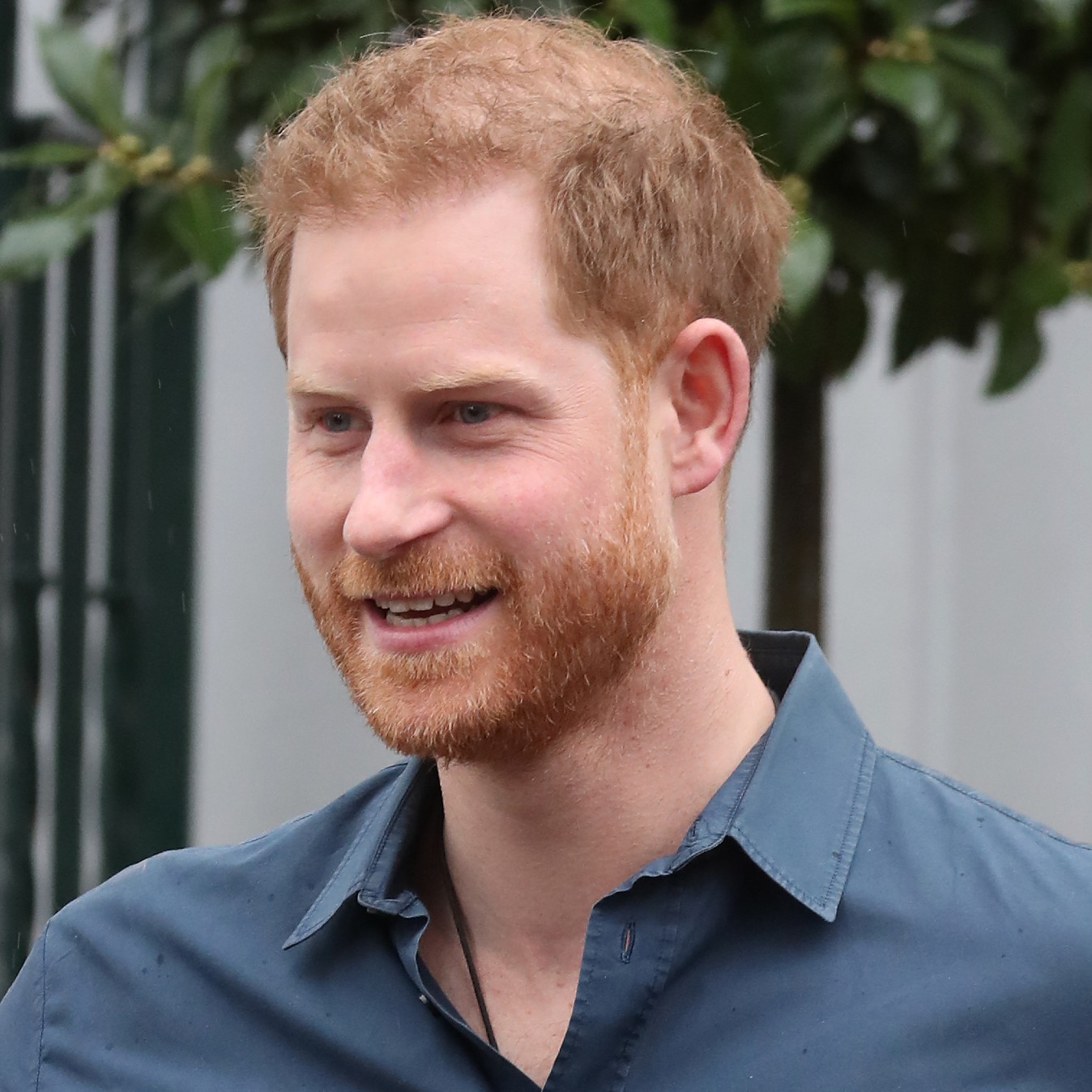
Prince Harry has been quite candid lately, but could his revelations in his memoir Spare and in subsequent interviews to promote the book potentially prove problematic for him? Page Six reports that in the tell-all, released in January, Harry revealed that he drank heavily, used cocaine, and smoked pot throughout his life. While Harry said he only used cocaine as a teen, he also told trauma expert Gabor Maté recently in an online chat to promote Spare that he experimented with psychedelics well into adulthood, and that he considers hallucinogenic drugs to be a “fundamental” part of his life.
“It was the cleaning of the windscreen, the removal of life’s filters—these layers of filters—it removed it all for me and brought me a sense of relaxation, relief, comfort, a lightness that I managed to hold back for a period of time,” he said earlier this month to Maté. “I started doing it recreationally and then started to realize how good it was for me.”
Former federal prosecutor Neama Rahmani says that, per Harry’s U.S. visa status that allows him to live in the country, “an admission of drug use is usually grounds for inadmissibility. That means Prince Harry’s visa should have been denied or revoked because he admitted to using cocaine, mushrooms, and other drugs.” Rahmani adds that there is “no exception for royalty or recreational use.”
To every point there is a counterpoint, and attorney James Leonard—who represented The Real Housewives of New Jersey’s Joe Giudice in his immigration case—says that Harry is not at a high risk of his visa being overturned.
“Absent any criminal charge related to drugs or alcohol or any finding by a judicial authority that Prince Harry is a habitual drug user, which he clearly is not, I don’t see any issue with the disclosures in his memoir regarding recreational experimentation with drugs,” he says.
Leonard explains that drug users who are not U.S. citizens would have to give immigration officials a reason to launch an investigation into the individual—like a criminal act.
“You’ve got to give them something that would trigger it and revealing it in a book—that you experimented with drugs when you were a young man—I don’t think gets you there,” he says. “Immigration is not going to do anything based on that. If he got arrested or he got a DWI, then we’re having a different conversation.”
Immigration lawyer Sam Adair agrees with Leonard that it is “unlikely that these admissions will present a problem. If there had been a conviction, it would have likely been a significant issue in getting a visa. This isn’t to say that drug use could not be a problem in the immigration process, but in this circumstance, it is unlikely that this would present an issue. It isn’t clear to me what the Duke’s visa status is in the U.S., but breaking the law could be an issue in getting a visa renewed or for readmission to the U.S. But recreational drug use that has not been the subject of criminal scrutiny is unlikely to present an issue for someone’s visa status.”
Rahmani argues that there is “no requirement that the person actually be convicted of a drug offense” and adds that there is a loophole for drug users to stay in the U.S. if they can get a waiver to prove that their substance abuse is in remission. “Someone is considered in remission after one year of sobriety,” Rahmani says. “A waiver request requires a doctor to submit medical records, but it’s unclear whether Prince Harry made such a request, because immigration files are not public.”
Adair says past recreational drug use is “not something that is likely to have been raised in a visa interview,” so it was likely not an issue during Harry’s approval process. “The drug use could be an issue if there had ever been an arrest, charge, or conviction, but recreational use would not likely come up in the visa interview,” he says.
Page Six cites a 2021 article from The Times that states that Harry has no plans to seek a permanent U.S. residency, citizenship, or a “green card at any point.”







